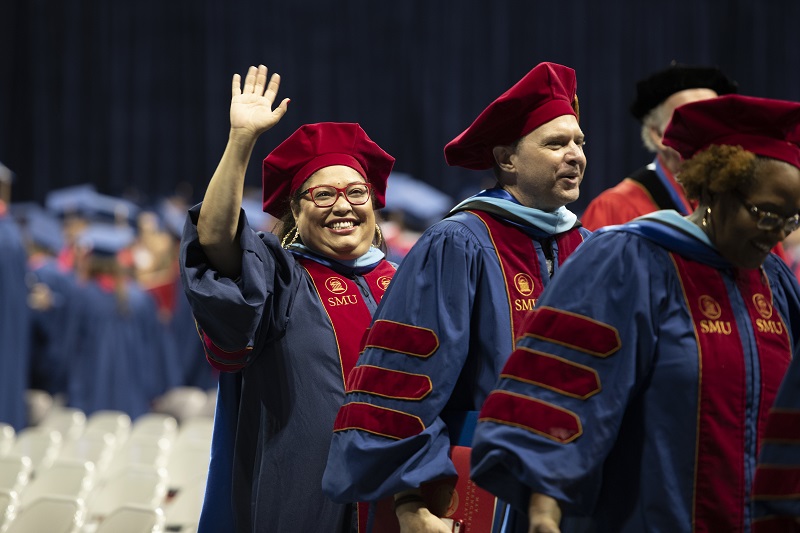
Who has the time to think about graduate school when they are still working on their bachelor’s degree? The truth is most start the process in their junior or senior year of college or after they graduate. Honestly, though, it is never too early to explore the option.
If you have a career goal that requires an advanced degree, there are steps you can take early on in your undergraduate program to help you determine if graduate school may be the right choice for you. As an added bonus, these steps can also enhance your college experience. Read our advice below on how you can best use your undergraduate years to help you plan for your master’s or Ph.D.
Talk to Your Academic Advisor
It may seem obvious, but students tend to take this very important resource for granted. If you are considering grad school, let your academic advisor know early on. They can often recommend advanced courses that will prepare you for graduate level study and help you start your grad school search.
They may also know of a specialized program at your institution, such as accelerated master’s degrees like SMU’s 4+1 programs, which allow students to start taking graduate level courses as an undergrad. These types of programs not only save you time and money, but they also give students a major advantage when they enter the workforce with an advanced degree.
Learn What Scholarship and Research is All About
If you want to understand what grad school is all about, engage in student research. Events such as Research Days allow students to practice their presentation skills and help students learn how to talk about their work with a broad audience. Students either present their research in a poster format or as a short oral presentation. These types of events are fantastic for developing these essential skills in a supportive environment.
If you are not ready to showcase your own work, participate as a spectator and support your fellow students. You can also check out flyers around campus for faculty and student presentations, guest lecturers, and events that celebrate scholarship and research. Attending a lecture or a colloquy is a good gateway into the type of academic discourse that you can expect to find in a graduate seminar.
Summer Time Opportunities: REU, Internships, and Study Abroad
If you do not already have summer plans, use the time to take part in some unique professional experiences. Research Experiences for Undergraduates — or REU’s — are excellent opportunities for students to work on major research projects at institutions around the country. Students can work on all types of interesting projects, and awards can sometimes cover housing and living expenses in exchange for your work. Visit the National Science Foundation’s website to see what projects are out there and how you can apply.
Likewise, an internship can give you first-hand insight into what is new and exciting in your industry of interest. From banking to journalism or marketing to federal defense, many companies and organizations hire interns to work over the summer. Paid internships provide you a wage or a stipend for your services; unpaid ones may offer you college credit that counts toward your degree progress. If there is a company or organization in particular that you’d like to work for one day, visit their website to see if they offer summer internships.
For those in the Arts and Humanities, summer study abroad programs are a great way to learn a different language, which is often required in graduate school. You might even get the chance to explore archival research practices at foreign state libraries. You can check with your school’s Study Abroad Office to find out if there are any programs that can give you course credit toward your degree and help you acquire those particular skills.
Attend a Graduate Fair
An efficient way to compare a lot of programs at once is to attend a graduate fair. There you can talk directly to representatives from multiple schools about their programs and admissions practices. Many institutions regularly host these types of events for students throughout the academic year. You can usually look up in advance which schools will be in attendance, so that you can prepare questions and prioritize the schools that you really want to talk to at the event.
If your school does not host their own grad fair, see if there is an institution in your area that opens their events to the public. Students outside of those schools can often attend for a small fee or even free of charge. You might also want to look at online virtual fairs, which allow you to talk to university representatives in a chatroom setting from the convenience of your own computer.
You don’t have to wait until you’re in grad school to have graduate-level experiences. By taking advantage of these opportunities early on, you can get a good sense if it’s the right decision for you and you’ll also become a stronger candidate if and when you decide to apply.

